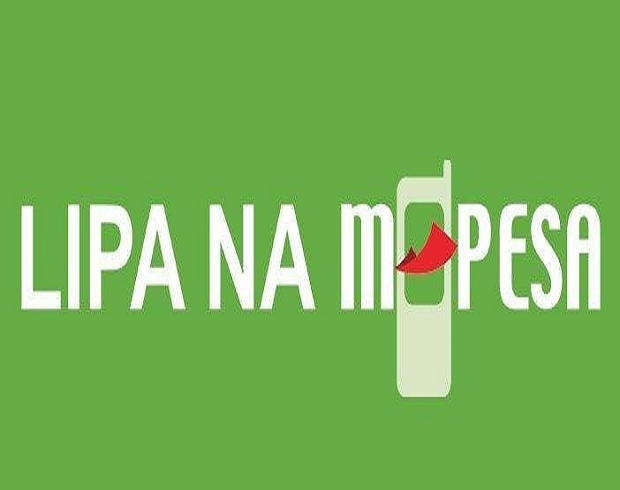Lipa Na Mpesa As An SME Growth Engine

[vc_row][vc_column width=”2/3″][vc_column_text]A tweep (citizen of #KenyansOnTwitter county) recently drew my attention to a July 2nd 2017 Bloomberg article titled “MYbank deepens push for business banks won’t touch.” MYbank is an online lender that is 30% owned by Ant Financial, Alibaba’s financial affiliate.In case you missed it, Chinese billionaire Jack Ma’s Alibaba Group is the number one global retailer with its monolith ecommerce platform. The article quotes MYbank’s President Huang Hao, who is looking to win as many as possible of China’s 70 million to 80 million small businesses as customers, most of which have no access to bank loans as they lack collateral. “We are like capillaries reaching every part of the society. It could be a small restaurant, a breakfast stand, no other financial institution would have served them before.” By 2016 MYbank’s outstanding loan portfolio was US$ 4.9 billion with a non-performing loan ratio of about 1%. The article further quotes Huang as saying that the bank’s technology, which runs loan applications through more than 3,000 computerized risk control strategies, has kept delinquencies in check.
Huang’s description of MYbank as being like capillaries is eerily reflected by Safaricom’s Lipa Na Mpesa mobile payment platform. From large hotels to food kiosks, from barbershops to Uber taxis, from petrol stations to supermarkets, everywhere you turn, Lipa Na Mpesa (LNM) is now a viable option for payment of goods and services. The product has successfully straddled the small, medium and large business spectrum as a reliable cashless payment option with lower merchant transaction charges (in the range of 0.5% compared to 2% and above for debit/credit card services). According to Safaricom’s FY 2016 annual report, there were 43,603 LNM active 30 days+ merchants on its network. The FY2017 results announcement reflects that the number of merchants is now just over 50,000.
Cash flow is the lifeblood of a business, as any long suffering entrepreneur will tell you. LNM offers real time settlement of payments made on its platform working with 19 banks. What this means is that the business owner will receive the cash generated from revenues straight into its bank account on a real time basis which essentially makes it an attractive revenue collection tool for the entrepreneur weary of sticky fingers at the cashier’s till or even stickier encounters with gun toting customers. The game changer in the peculiar Kenyan economic space is the obvious intersection between the real time mobile payments being collected at the till and the potential to leverage on these cash flows for working capital expansion. 50,000 merchants are fairly low in a country with hundreds of thousands of businesses primarily using cash as the mode of payment. But this is where it gets interesting.
According to the FY2016 Safaricom annual report, the LNM payments in the month of March 2016 alone were Kshs 20.2 billion or an average of about Kshs 459,000 per one of the 43,603 merchants. Bear with me for a minute. Assuming these were SMEs, imagine the relief of being able to borrow from a financial institution, without any collateral, and using the real time unassailable revenue collection history from this payment platform. Imagine even further, that the repayments can simply be deducted at source and calculated as a percentage of historical daily takings.Then before the settlement of each day’s revenue collections, the financial institution collects a daily repayment, thereby reducing the loan amortization amounts into bite sized, easy to swallow chunks unlike the monthly hernia-inducing ubiquitous loan repayments.
Your generic bank will not be interested in this model. It’s simply “too much admin” to start configuring their systems to undertake daily as opposed to monthly loan amortizations and to try and guesstimate an SME’s potential risk of default on a loan without collateral using only mobile payment history as the risk variable. But a modern fintech can build the risk algorithms required to do this well. There is also the dual opportunity for Safaricom to grow its LNM merchant base into hitherto unchartered territory, using collateral free business loan products in addition to helping to formalize the large number of informal businesses operating in Kenya. The fintech space is where this innovation has already started happening here in Kenya, but it will only make economic sense if it is done on a large scale. Partnering with Safaricom will be key to this growth.
[email protected]
Twitter:Twitter: @carolmusyoka[/vc_column_text][/vc_column][vc_column width=”1/3″][/vc_column][/vc_row]

 carolmusyoka consultancy
carolmusyoka consultancy
 @carolmusyoka
@carolmusyoka